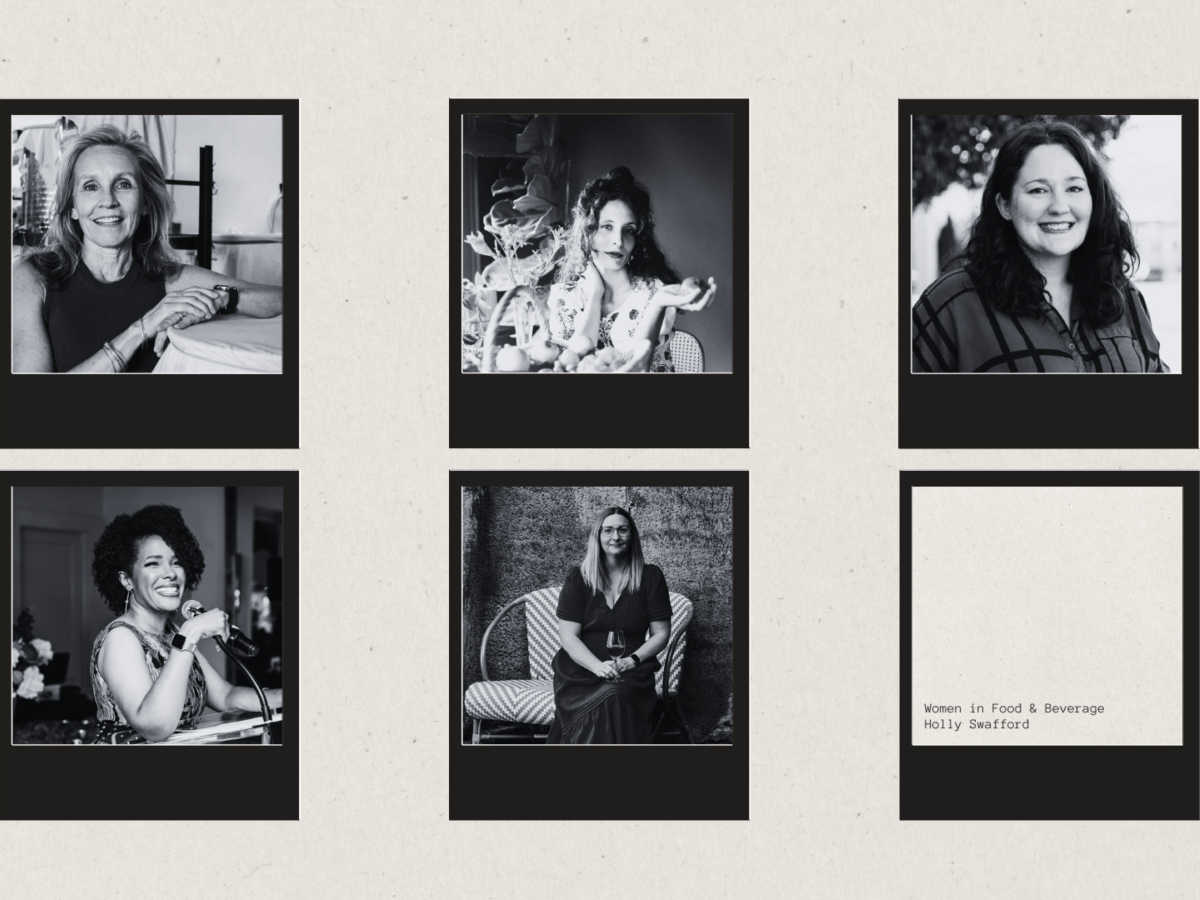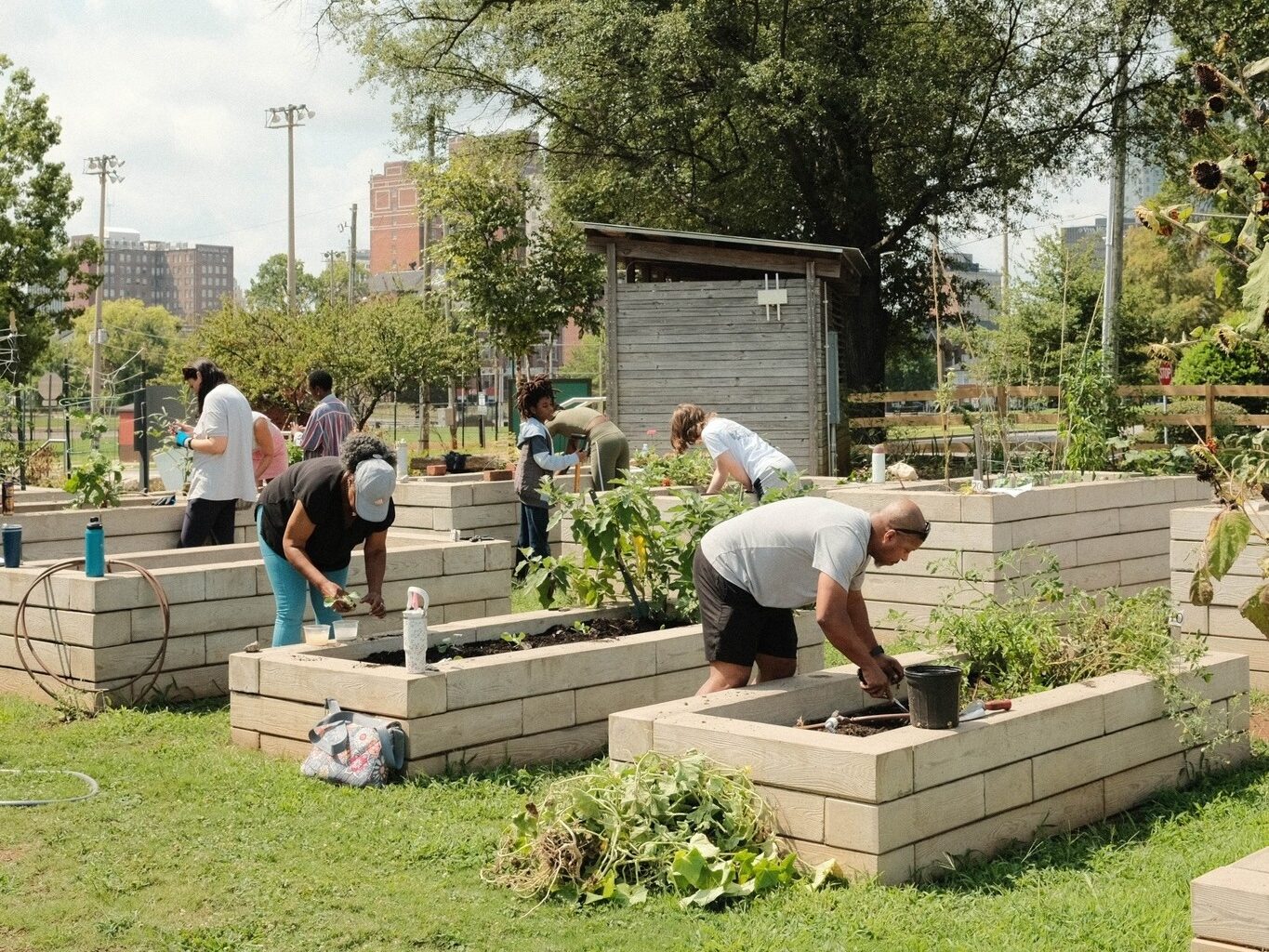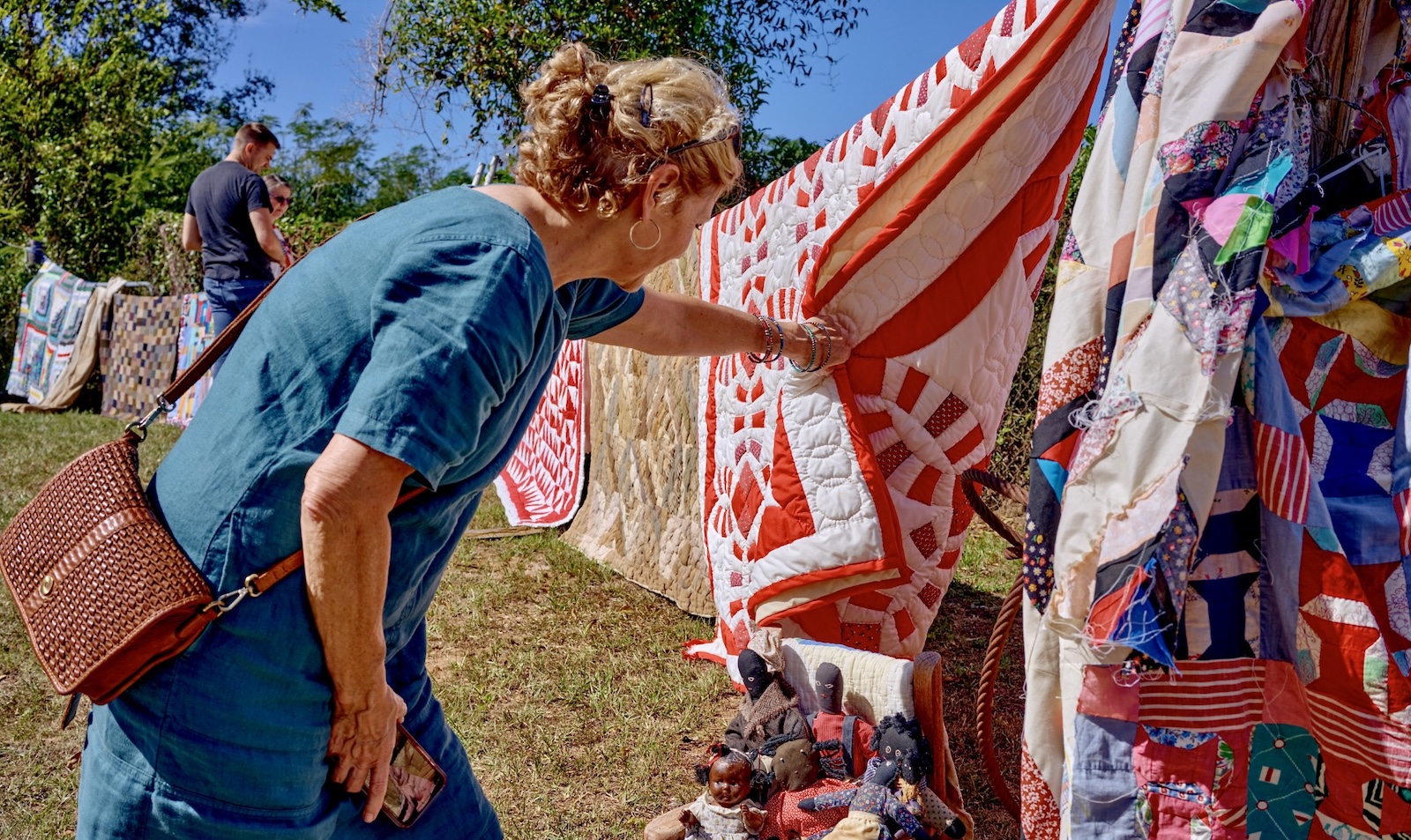I love honey. I used to quickly follow that statement with another declaration: I hate bees. But that’s not accurate. I never hated bees; I feared them. And, like many fears, mine was rooted in the unknown. I knew plenty about bees. How important they are to our ecosystems. The differences between a worker and a drone and their queen. And, that they turn flower nectar into the sweet liquid gold I love.
What I did not know is what it felt like to be stung by a bee. Was it mildly irritating or excruciatingly painful? Despite being an active and outdoorsy, kid, teenager and adult, until two years ago, I couldn’t have told you. I had never been stung, so my imagination ran to worst-case scenario, i.e. excruciatingly painful. Hence my fear of bees.
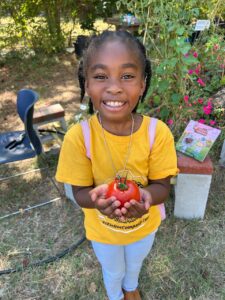
(ZiZi’s Bee Company/Contributed)
I finally got my first sting, and now I know the answer to my earlier question on pain level: a honeybee sting hits somewhere in the middle of a scale from annoying to pass-out pain. And the discomfort fades pretty fast.
These are facts six-year-old ZiZi Yu already knows. She’s been stung, although only once, while tending her “bee babies” with her dad, Sam. She tells me it was just a little “ouch” as she shows me some of the hive boxes where bees are busy making her ZiZi’s Bee Company honey. She brags about her fledgling bee-keeping skills and explains her favorite way to eat honey is pouring it from the jar right into her mouth while we walk around a plot of land in a West Montgomery neighborhood where some honey business’ bee boxes sit. (More are scattered around the city and county).
The bees play a role in another labor of love for Sam and his daughter, a thriving community garden that occupies most of the lot and is the focal point of the nonprofit Sam founded, Help a Brother Out Foundation. At the tail end of summer, the garden still has cucumbers, cantaloupes, and tomatoes growing in raised beds and out of hay bales. Bags of potting soil line one side of the space. Near the street, a covered wooden platform holds fresh produce harvested from the garden as well as canned goods and other staples. It’s a mini-food bank Sam calls a “giving basket,” a spot where anyone can drop by and grab the essentials they need, no questions asked.
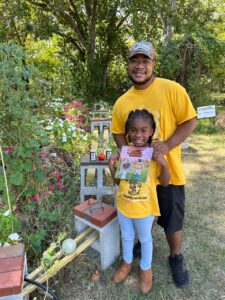
(ZiZi’s Bee Company/Contributed)
I ask more about the foundation, but Sam says ZiZi’s Bee Company came first, so he begins his story there: it started with a sneeze, and then came the bees. “I was suffering with allergies and a local beekeeper was giving me honey, and it really helped,” Sam says. “But he kept running out of honey, so I decided to start keeping bees myself.” With the help of YouTube videos, he taught himself how to raise honeybees, and soon, his backyard was all abuzz. It was just a hobby, and ZiZi got into it with him. When he gifted some of his first honey to friends, they encouraged him to sell it. “They kept telling me how good it was, so I created ZiZi’s Bee Co. and within a year, it just took off.”
Then, tragedy struck. While living in Los Angeles, Sam’s younger brother David was robbed and murdered. The loss and senseless crime hit Sam hard. He admits he was angry, but love for his daughter turned that emotion on its head. “I wanted to do something, but I knew I couldn’t do anything negative. I wanted to be a good example for ZiZi,” he says. “And then I had this deep feeling like God was telling me to ‘feed My people.’ At first, I was like ‘What people?’” But the more Sam looked around, he realized, there were many, right where he lived, who struggled with food insecurity. “There’s not easy access to good food here; the nearest grocery store is a few miles away, so without a car, any food can be hard to get but fresh produce, even harder.”
And he remembered when someone helped him. When he was growing up, a man who had grown up in his neighborhood took a group of area kids to breakfast, to get a haircut and to get bookbags and other supplies right before the start of a school year. “That day stayed with me, and so I thought, ‘Now it’s my turn.’”
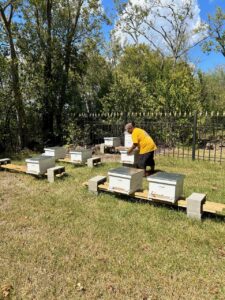
(ZiZi’s Bee Company/Contributed)
Sam created Help a Brother Out in honor of his brother and now runs the nonprofit alongside ZiZi’s Bee Company full-time. Future plans call for an expansion of the community garden (chicken coops were going up last fall) and more opportunities to use the garden to not just provide free, fresh, nutritious food but to also teach others how to use spaces on their property to grow their own food.
The giving basket is the initial draw though. “We keep it full, and people are so receptive and appreciative,” Sam says. “But then they see the garden and get curious. That’s when we can do even more. The foundation’s primary mission is to provide feed immediate needs, but we also want to provide food education.”
The bee business also has a purpose beyond harvesting and selling honey. “We work to increase awareness about bees and their role in the food system,” Sam says. “We want to help boost bee populations with education and habitat restoration.” The duo wrote a children’s book, “ZiZi’s Bee Adventure,” as one way to get the word out.” “It was her [ZiZi’s] idea to do the book, and the story teaches kids about honey and bees but also encourages them to chase after their dreams,” Sam says.
The buzz about Sam and ZiZi’s efforts is spreading, and their multi-pronged approach to bettering their community is working, proving that intentional positivity can bring results even sweeter than honey.

